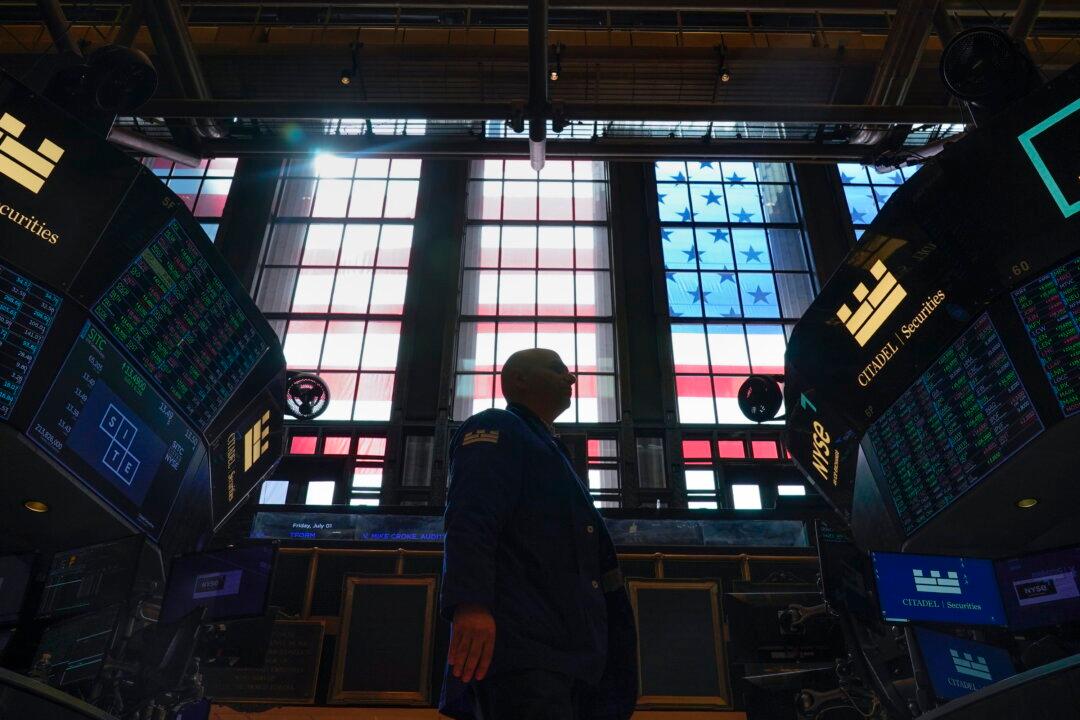Indications that the United States will soon enter a recessionary period are strengthening as a prominent economic indicator dropped further into negative territory in September.
The Conference Board’s Leading Economic Index (LEI) declined by 0.4 percent to 115.9 in September after remaining unchanged in August, according to an Oct. 20 press release. During the six-month period between March and September, the LEI had fallen by 2.8 percent, which is a reversal from the 1.4 percent growth registered in the previous six months.





